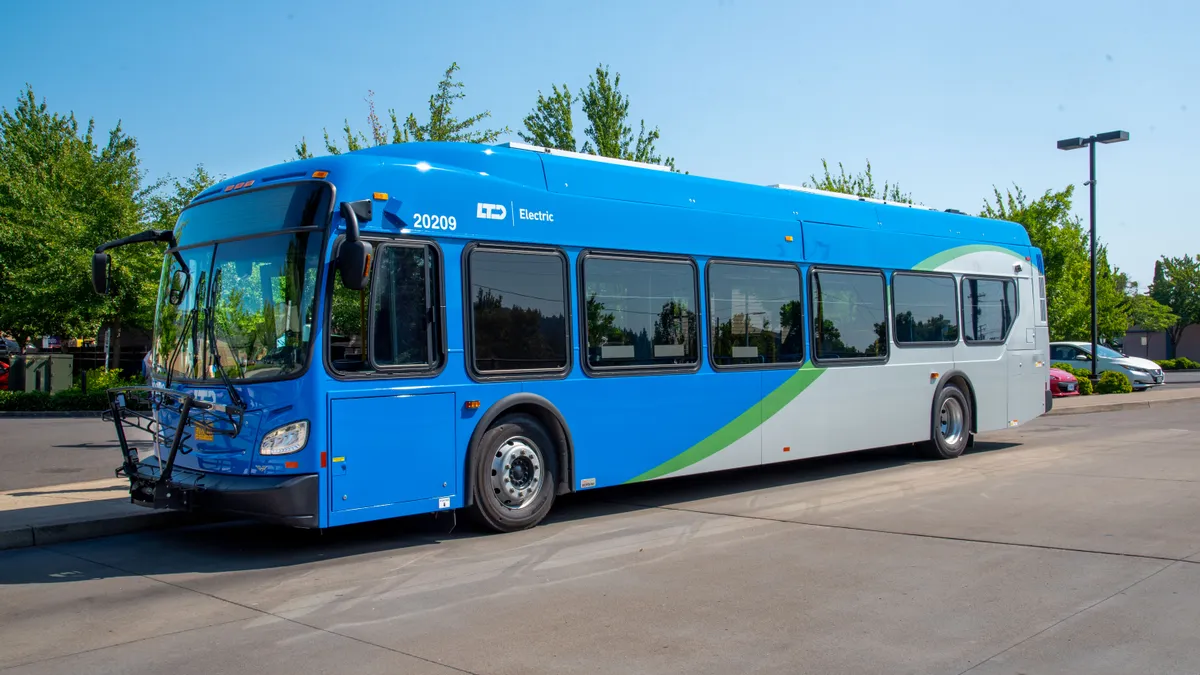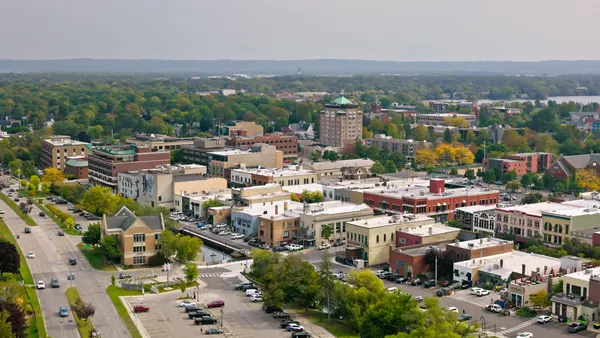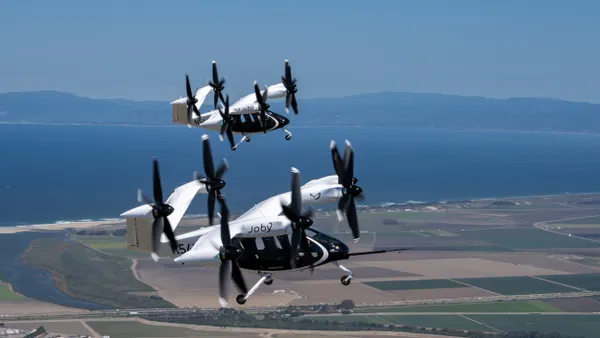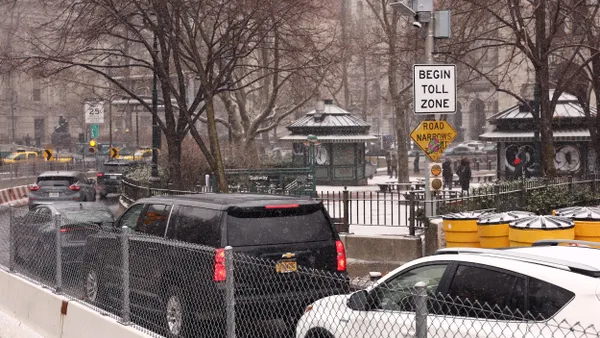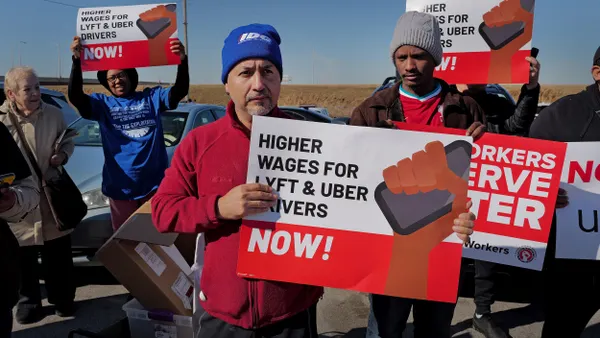Transit bus manufacturers New Flyer and Proterra reported continued growth in new orders for battery-electric buses but deliveries slowed due to component shortages, the companies said in earnings announcements last week.
“We are seeing significant positive momentum in our order book, with record bid activity within our North American business contributing to significant new orders, especially for zero-emission buses,” said Paul Soubry, president and CEO of NFI, the parent company of New Flyer, in a press release last week.
New Flyer, the largest transit bus manufacturer in North America, reported deliveries of 59 battery and fuel-cell electric buses in Q2 and received orders for 325 zero-emission vehicles. The company now has a total backlog of 1,900 electric buses, said Brian Dewsnup, president of NFI Parts, on the earnings call.
The backlog is mainly due to a shortage of microprocessors, Dewsnup said. “While overall supply chains are not seeing major improvements, it appears that we are through the worst of the disruption.”
Proterra delivered 52 electric buses in Q2, a 30% increase over the first quarter, but down 4% year-over-year.
“Covid-19 outbreaks and the extended conflict in Ukraine further pressured acute parts shortages and shipping delays,” the company said in its quarterly letter. The company cited shortages in wiring harnesses, motors and electrical components that constrained production, leading to a backlog of 450 units.
Demand for Proterra’s long-range electric transit buses “remains buoyant,” the company said.
Last year’s bipartisan infrastructure law made $5.5 billion available over five years for transit agencies to purchase or lease electric, hybrid and fuel-cell electric buses under the Federal Transit Administration’s Low or No Emission Vehicle Program.
Dewsnup said that New Flyer estimates more than half the demand for active and projected public bids over the coming five years will be for zero-emission buses.



